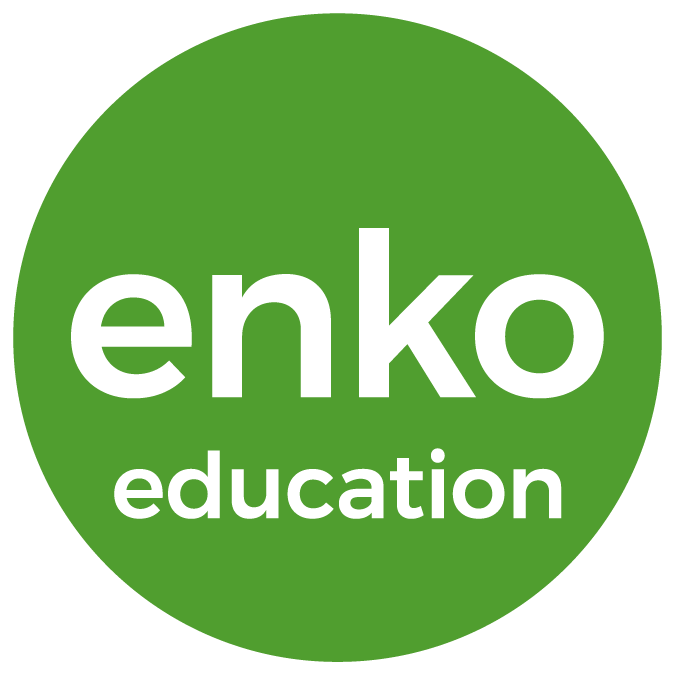African countries have a STEM education problem, but are private partnerships the answer?
African countries are struggling to find science and math teachers – like everywhere else. But unlike everywhere else, massive youth populations and already lean budgets pose big challenges to governments tackling the education system generally, and math and science education in particular. Enter the go-to solution invoked for every problem in Africa from transport networks to broadband access: public private partnerships or PPPs.
“We should think about how the private sector can enter schools, bring the lab at IBM to the classroom,” says Njideka Harry, CEO of the Youth for Technology Foundation. Sitting on the “Future of Technology” panel at this month’s World Economic Forum Africa Summit, Harry’s emphasis on PPPs was in keeping with the take-home message from a forum full of sessions like “Transforming Education” and “Harnessing Africa’s Biggest Resource.”
For cash-strapped governments facing a demographic reality where half the population is under 30, and a third are under 13, calling in the cavalry makes sense. But in handing education over to the private sector, is there not a risk of creating a 21st century version of theVictorian education model intended to churn out the labor that kept the factories of the Industrial Revolution humming? Perhaps. But on a continent where 60% of the unemployed are young people, there is an upside to an education that actually leads to employment.
“Education should be serving the needs of the private sector, because the private sector creates the jobs,” says Cyrille Nkontchou, founder of private equity firm Enko Capital, which is investing in a pan-African network of private schools aimed at the middle class. He points out that the average spend on education in Africa is about 5% of GDP, which is in line with what North America and much of Europe invest. But based on the numbers of young people coming into the system, it doesn’t take a genius to do the math.
“Sheer numbers limit capacity to do what’s needed. Unless private sector gets involved [in African education] you’ll have another lost generation,” explains Ian Shapiro, an academic from Yale University who looks at the role of business in solving African political problems.
Many argue that doing the math (and the science and engineering) is key to the future of young Africans and their continent. This belief is evidenced in things like the MasterCard Foundation partnering with the African Institute for Mathematical Sciences (AIMS) to the tune of $25 million to train 3,000 high school teachers in mathematics education and to provide support to post-graduates. Speaking on the panel discussing the importance of such investments, South African Minister for Science and Technology Naledi Pandor stressed the importance of ensuring that “those who teach are absolutely competent in math and science.”
Meanwhile, for the second year in a row, WEF host-country and the continent’s number two economic powerhouse, South Africa scored last in the quality of math and science education, and 139th (out of 143) in education overall. Noting South Africa’s poor performance in math, Nkontchou explains that Enko schools take a pragmatic approach, offering extra Saturday sessions for students struggling with the subject. “Private education in Africa is booming,” Nkontchou confirms.



